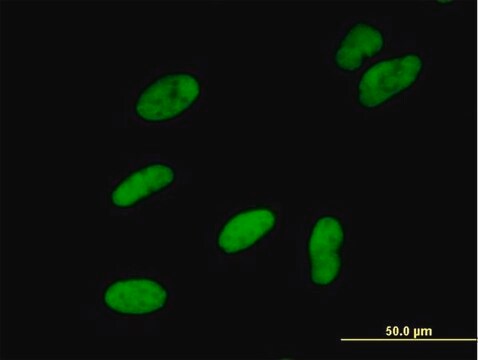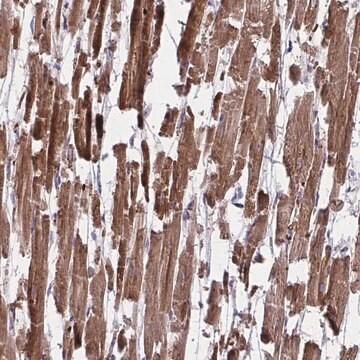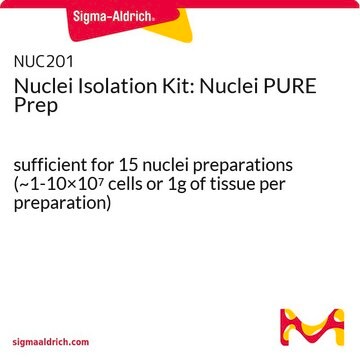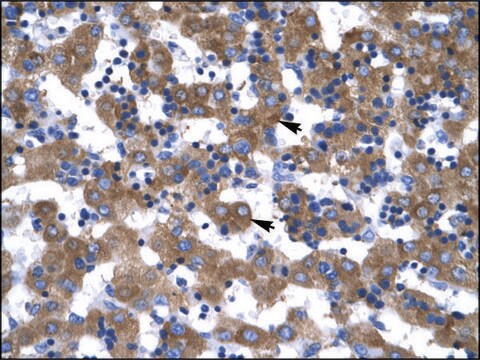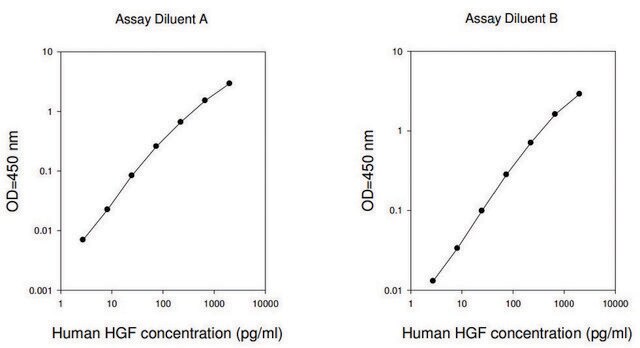SAB1410944
Anti-PDK4 antibody produced in rabbit
purified immunoglobulin, buffered aqueous solution
Sinónimos:
FLJ40832
About This Item
Productos recomendados
origen biológico
rabbit
Nivel de calidad
conjugado
unconjugated
forma del anticuerpo
purified immunoglobulin
tipo de anticuerpo
primary antibodies
clon
polyclonal
formulario
buffered aqueous solution
mol peso
antigen 46.5 kDa
reactividad de especies
human
técnicas
immunofluorescence: suitable
western blot: 1 μg/mL
Nº de acceso NCBI
Nº de acceso UniProt
Condiciones de envío
dry ice
temp. de almacenamiento
−20°C
modificación del objetivo postraduccional
unmodified
Información sobre el gen
human ... PDK4(5166)
Descripción general
Inmunógeno
Sequence
MKAARFVLRSAGSLNGAGLVPREVEHFSRYSPSPLSMKQLLDFGSENACERTSFAFLRQELPVRLANILKEIDILPTQLVNTSSVQLVKSWYIQSLMDLVEFHEKSPDDQKALSDFVDTLIKVRNRHHNVVPTMAQGIIEYKDACTVDPVTNQNLQYFLDRFYMNRISTRMLMNQHILIFSDSQTGNPSHIGSIDPNCDVVAVVQDAFECSRMLCDQYYLSSPELKLTQVNGKFPDQPIHIVYVPSHLHHMLFELFKNAMRATVEHQENQPSLTPIEVIVVLGKEDLTIKISDRGGGVPLRIIDRLFSYTYSTAPTPVMDNSRNAPLAGFGYGLPISRLYAKYFQGDLNLYSLSGYGTDAIIYLKALSSESIEKLPVFNKSAFKHYQMSSEADDWCIPSREPKNLAKEVAM
Acciones bioquímicas o fisiológicas
Forma física
Cláusula de descargo de responsabilidad
¿No encuentra el producto adecuado?
Pruebe nuestro Herramienta de selección de productos.
Opcional
Código de clase de almacenamiento
10 - Combustible liquids
Clase de riesgo para el agua (WGK)
WGK 3
Punto de inflamabilidad (°F)
Not applicable
Punto de inflamabilidad (°C)
Not applicable
Certificados de análisis (COA)
Busque Certificados de análisis (COA) introduciendo el número de lote del producto. Los números de lote se encuentran en la etiqueta del producto después de las palabras «Lot» o «Batch»
¿Ya tiene este producto?
Encuentre la documentación para los productos que ha comprado recientemente en la Biblioteca de documentos.
Nuestro equipo de científicos tiene experiencia en todas las áreas de investigación: Ciencias de la vida, Ciencia de los materiales, Síntesis química, Cromatografía, Analítica y muchas otras.
Póngase en contacto con el Servicio técnico